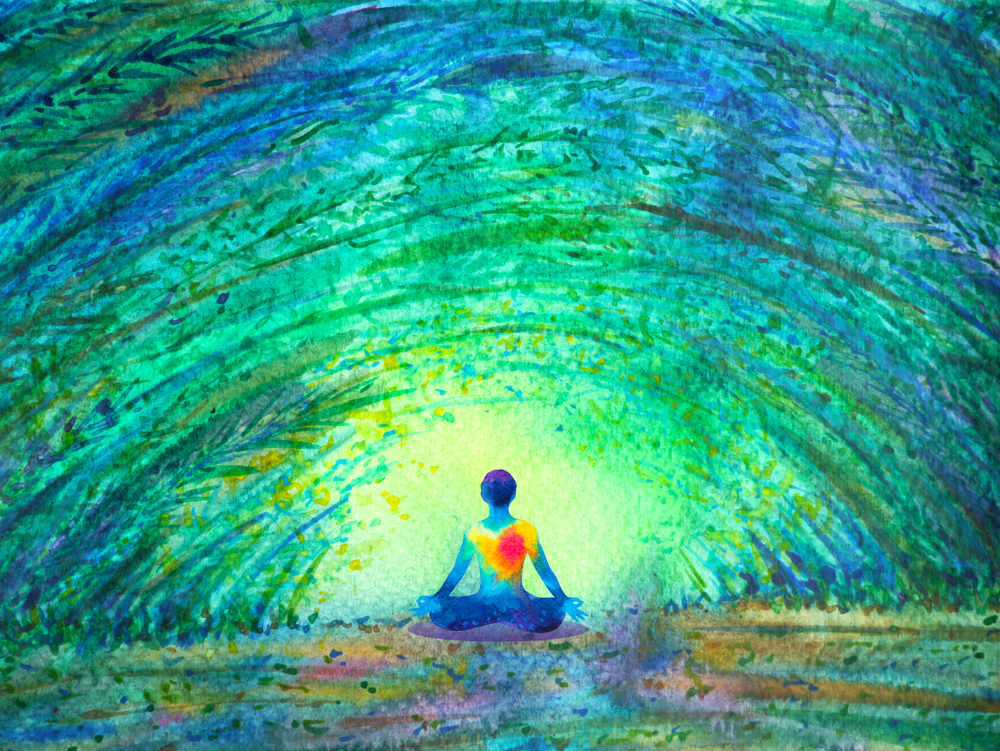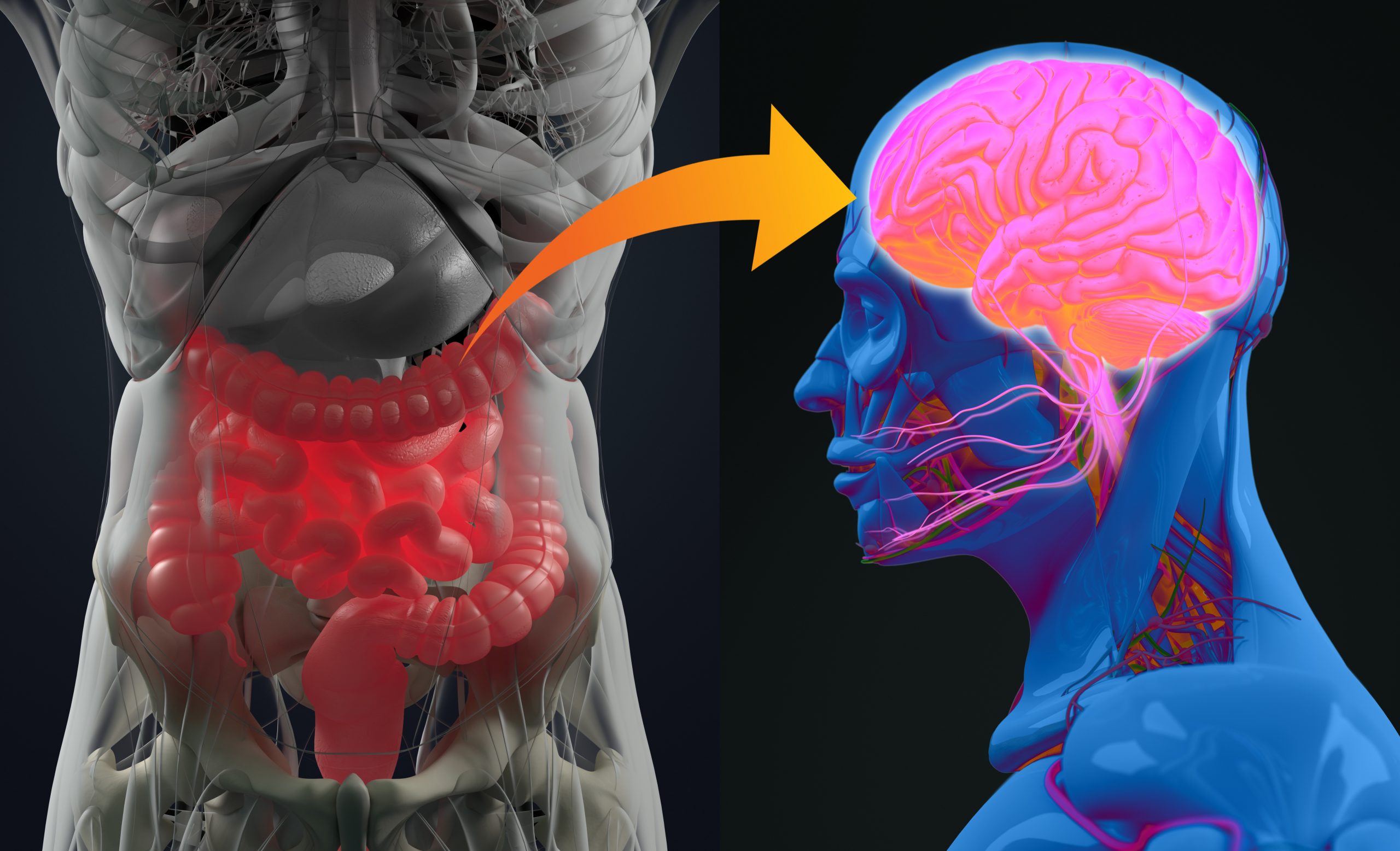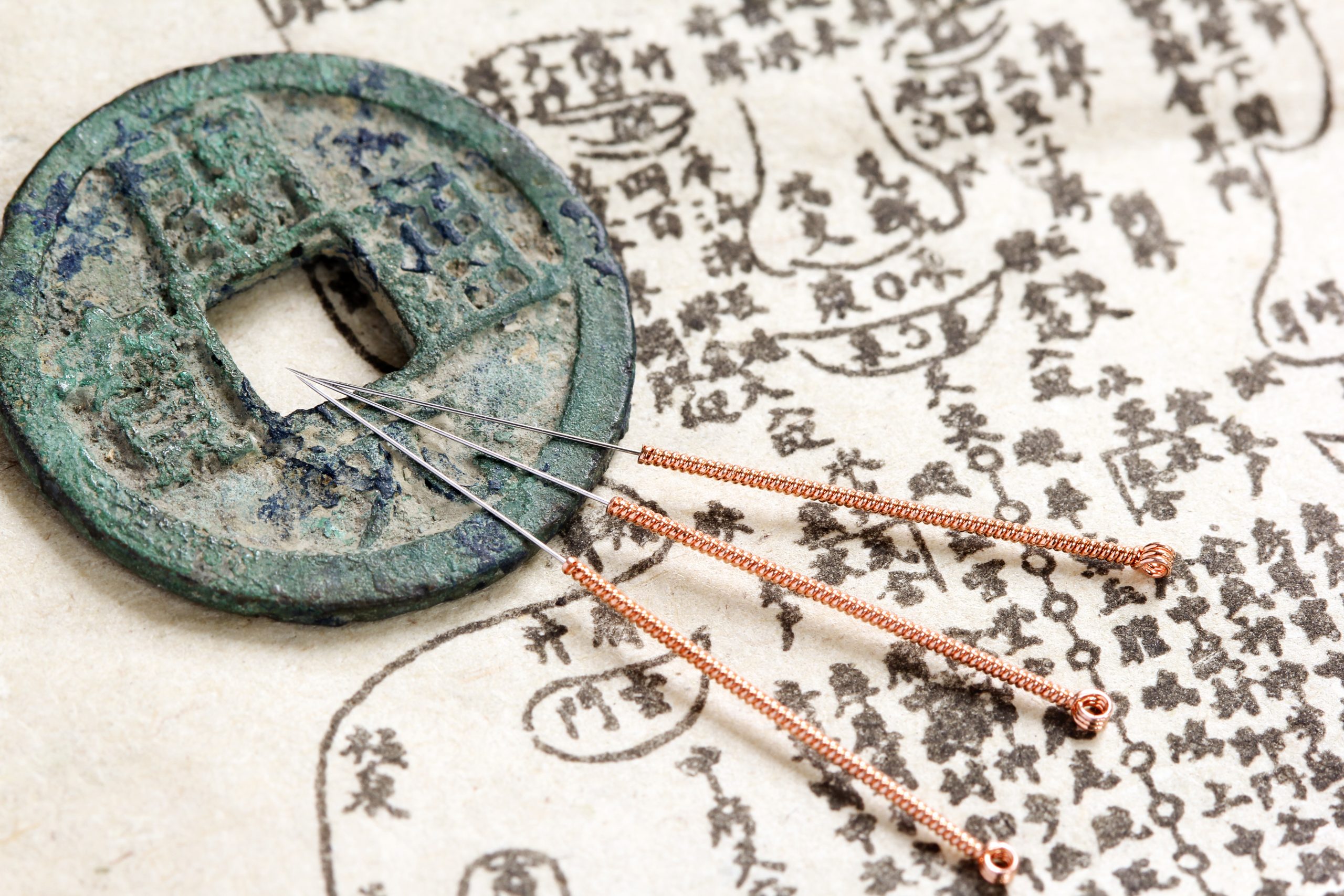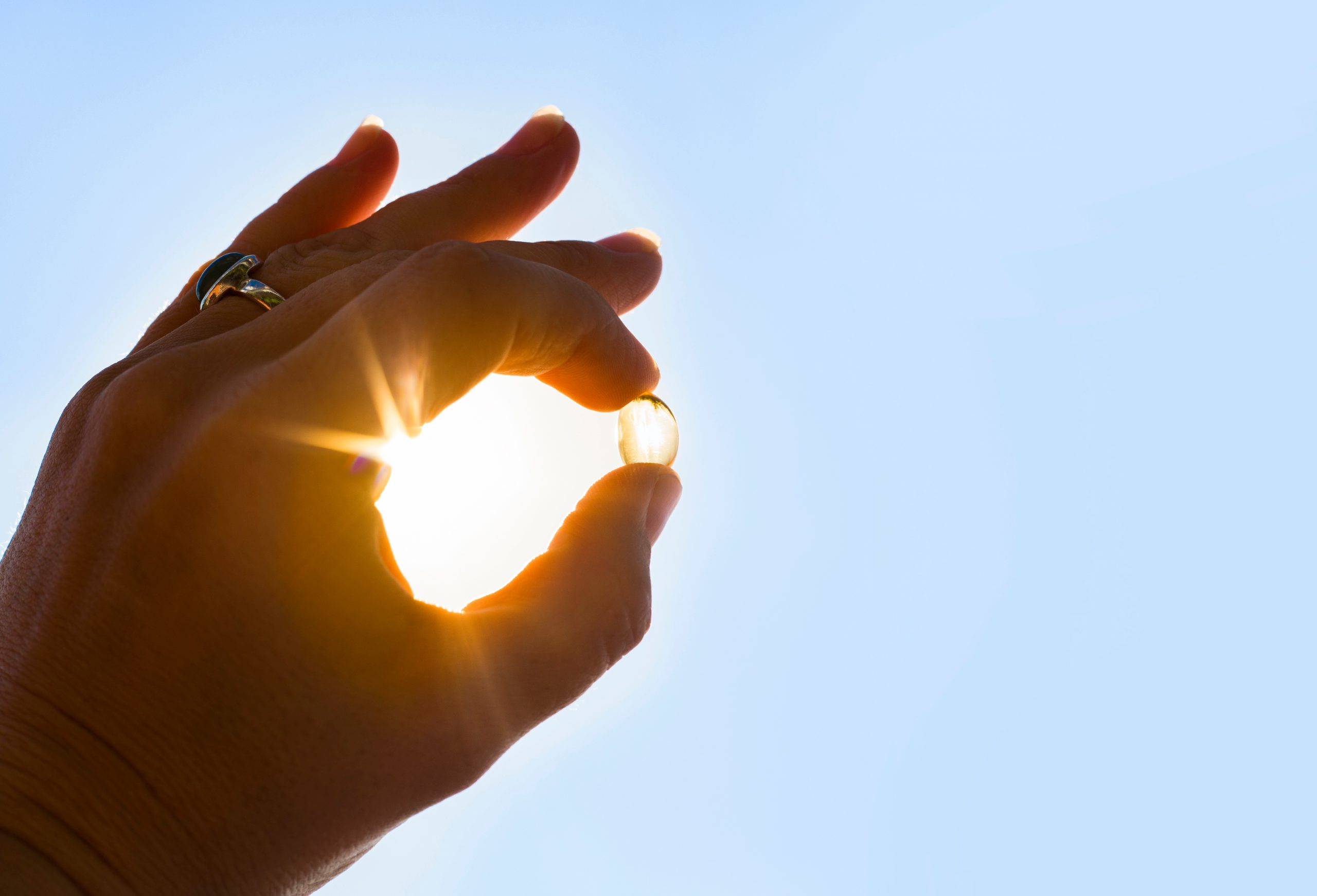“In times when there was no electrical currents, when the air was not swarming with electrical influences, it was easier to be human. For this reason in order to be human at all today, it is necessary to expend much stronger spiritual capacities then necessary a century ago.” – Rudolph Steiner 1917
Would you prefer to have the power to influence your environment and those around you in a positive way? Or do you get caught up with whatever the collective mood is and get depressed whenever things aren’t fulfilling your narrow definition of what makes you happy? Cultivating your experience of reality and by investing in your own wellbeing is THE most important thing you can do, especially in the current climate.
Spiritual Capacity
One of the key concepts that stood out to me as “spiritual capacity” to develop in life is becoming “field independent” as opposed to “field dependent”. This was taught to me by Thom Knoles in his Vedic philosophy course and this description of cognitive style was based on the formative work of American psychologist Herman Witkin in 1962.
Field Dependent
Being “field dependent” from the Vedic consciousness construct implies that the state of a person’s consciousness i.e. what emotional state they inhabit and how they filter information, is based on the way their current environment influences them.
From a neurological pattern perspective, the field dependent person tends to be less coherent or organised in their brain wave patterns and tend to entrain to the pattern of the environmental conditions, the people, or the sensory inputs they are most exposed to (i.e. media). They tend to be reactive and predisposed to “fight or flight” physiology, they are tense and have shallow breathing, they have difficulty seeing different perspectives, tend to be opinionated and dogmatic, and this need to validate their position means that they often find themselves battling to be right rather than opening to love, or being easily convinced to follow the instructions of authority without questioning the safety or effectiveness of the approach with an open minded critical thinking attitude. Field dependent people have difficulty observing their own emotional responses and instead react and behave immediately from them.
Field Independent
Being “field independent” on the other hand, applies to someone who is stable in their emotional state and highly coherent in their brain wave organisation. This allows them to be an organising force on the environment they inhabit and they tend to have a calming and harmonising effect on those they come in contact with.
They have a balanced nervous system that is predominantly parasympathetic, they are relaxed and breathe subtly with their diaphragm. Field independent people are open and curious by nature and innately see multiple perspectives. They have usually established witness consciousness (metacognition). This allows them to observe what emotions are arising and release them gently with a breath if behaving from them will be destructive to themselves or others. They are innately positive and are emotionally resilient and adaptive. They assess information critically and will question authority when relevant choosing to respect their own knowledge and experience rather than blindly trusting in information disseminated by political or corporate agendas.
Cultivating your Field Independence
If you feel inclined to develop your field independence then you need to start prioritising your state of consciousness as the most important investment in your life.
Here’s a few tips to get you started:
- Have a morning ritual that supports your connection to nature and something greater then yourself. Watch the sunrise and be grateful for this cyclical appearance of energy that brings life to our beautiful planet.
- Meditate twice daily. Observe your thoughts without engaging in the story. Notice the patterns of your mind. “You are not your thoughts, you are the thinker of the thoughts, that arise from the stillness in between the thoughts.” Deepak Chopra
- Eat foods that honour your body. There is no elevation of consciousness if you don’t give your body the nourishment it needs to create the physiology that makes you feel good.
- Generate energy through movement, deep breathing, natural light from the sun, and the magnetic field of nature by swimming in the ocean, walking barefoot in the park or lying on the grass.
- Deal with your negative emotional load. We all have painful thorns that we have acquired through life from emotionally traumatising events that cause us to re-experience shame, paralysing fear, powerlessness, depression or anger when these thorns are irritated by triggers in our lives. It’s your responsibility to deal with these thorns and reduce your emotional load so it requires less energy every day to manage them and be nice to people! Reducing your negative emotional load makes you less defensive, more loving and more compassionate for those who are hoarding thorns and aren’t aware of it yet. Neuroemotional Technique(NET), Neurolinguistic Programming (NLP)and Cognitive Behaviour Therapy (CBT) and Somatic Experience Therapy are all highly recommended ways of reducing the load.
- Read books that will enhance your emotional intelligence and commit to the hero’s journey of knowing who you really are.
- “The Untethered Soul” by Michael Singer
- “Letting Go” by David Hawkins are good starting points.
“We don’t just passively perceive the world, we actively generate it.”
Cognitive Neuroscientist, Anil Seth 2017




